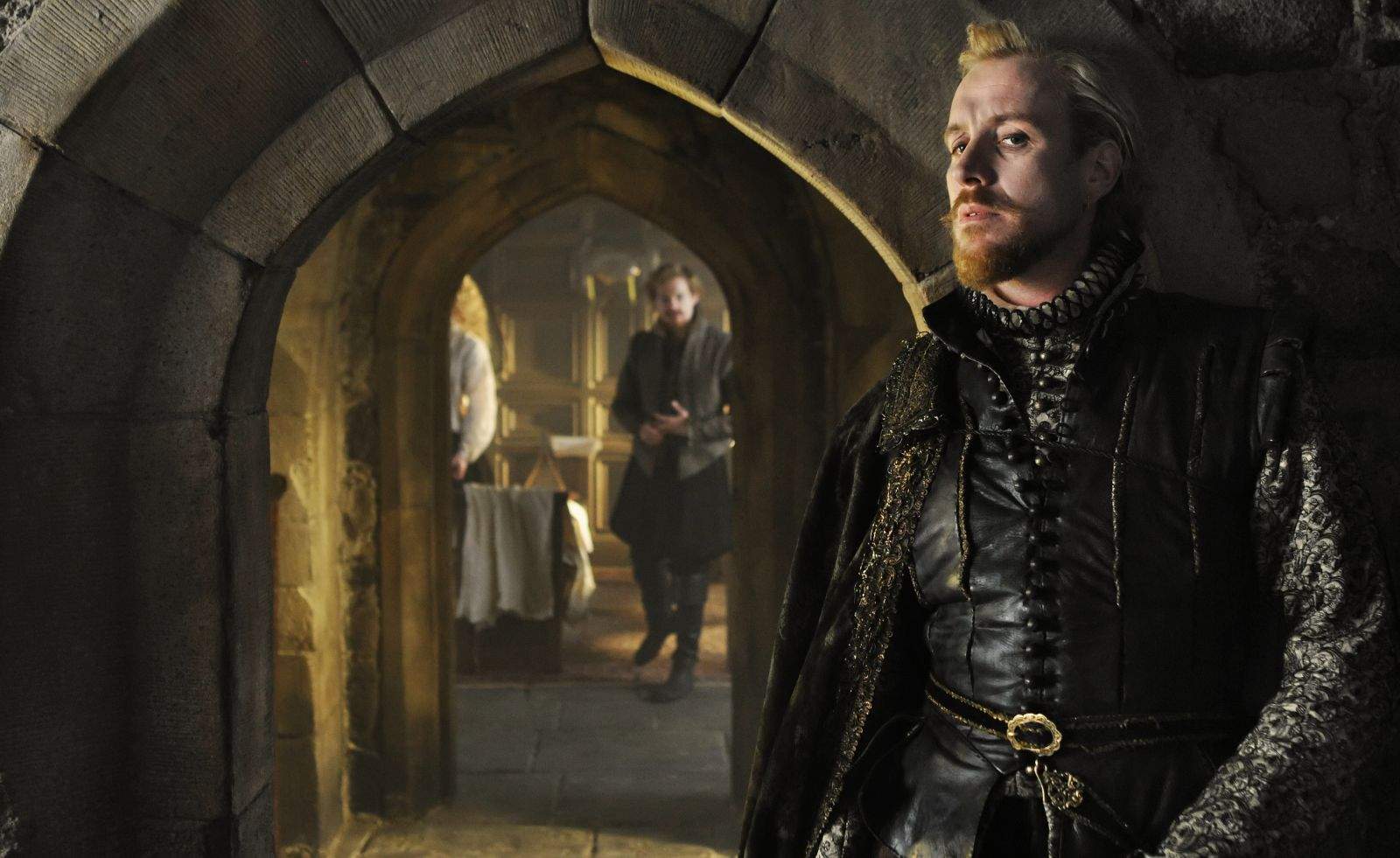Anonymous
While Shakespeare’s masterpieces remain in our cultural consciousness, we’ll feel compelled to make sense of the man behind them.
Overview
Conspiracy theories involving Shakespeare have been around for centuries. Mark Twain scoffed that the son of an illiterate tradesman couldn’t possibly have written such literary masterpieces, Sigmund Freud alleged that the Bard wasn’t the real author of all 38 plays ascribed to him, and Virginia Woolf shrewdly speculated that Anon, who wrote so many poems without signing them, was often a woman, adding that a woman with Shakespeare's gifts would have been denied the same opportunities to develop them. The historical facts about Shakespeare are few and far between, and scant documented evidence actually exists of him receiving an education, buying a book, or writing a play.
Mankind is characterised by our great thirst for a good conspiracy theory call it cynicism, call it curiosity; while Shakespeare’s masterpieces remain in our cultural consciousness, we’ll feel compelled to make sense of the man behind them. Part of the fascination with the Shakespeare authorship question is perhaps a strain of tall poppy syndrome – we simply cannot seem to accept that the greatest playwright who’s ever lived kept a life that was so, well, anonymous. Hence Roland Emmerich’s epic new period film.
Set in Elizabethan London, it's historical melodrama of the highest order well-coiffed royals conduct clandestine affairs while conniving courtiers collude in cramped chambers. It’s like Shakespeare in Love fused with The Da Vinci Code, or The Tudors filtered through Black Adder. Derived from a book written 90 years ago called "Shakespeare” Identified, Anonymous dramatizes the theory that the 17th Earl of Oxford, Edward de Vere, was the man who penned all of Shakespeare’s works.
Most of the film’s action is concentrated in the years between 1598 and 1603, and pits the dashing blonde earl against puritanical noblemen and unscrupulous politicians. It’s filled with murder, sex, lies and incest the stuff of true Shakespearean drama. It’s entertaining enough, but it serves better as a political thriller than an alternate history. Go see it if costume drama’s your thing as Shakespeare himself said in Hamlet, “the play’s the thing”, and until the day that there is conclusive evidence to end the authorship conversation, we’ll continue to create conspiracy theories about how such an ordinary man wrote such extraordinary verse.





